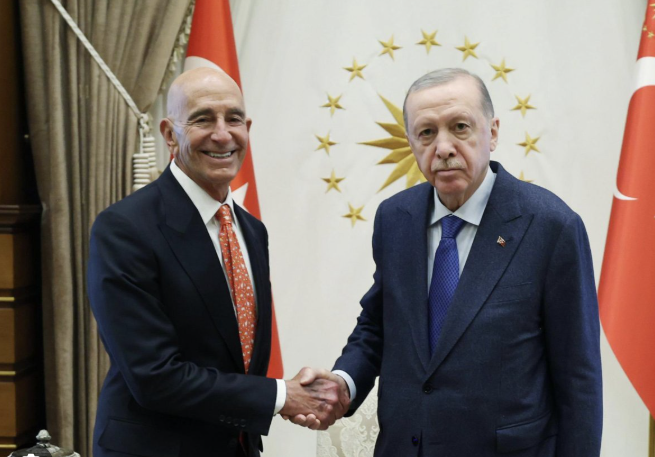President Donald Trump has appointed Tom Barrack, the current U.S. ambassador to Turkey and a longtime personal ally, as the new Special Envoy for Syria. The move marks a significant pivot in Washington’s approach to the region, signaling renewed diplomatic and economic engagement in post-Assad Syria.
The announcement came Friday via the U.S. Embassy in Ankara. “President Trump has outlined his clear vision of a prosperous Middle East and a stable Syria at peace with itself and its neighbors,” Barrack stated. “As President Trump’s representative in Türkiye, I am proud to assume the role of the U.S. Special Envoy for Syria and support Secretary Rubio in the realization of the president’s vision.”
Barrack’s dual role as ambassador and Syria envoy underscores the administration’s intention to streamline foreign policy decision-making, placing a trusted advisor with strong business and political ties to the Gulf at the helm of one of the region’s most complex files.
A Shift Toward Regional Ownership
The appointment follows Trump’s surprise announcement in Riyadh last week to lift longstanding economic sanctions on Syria. The decision, made at the request of key Gulf leaders, bypassed the planned interagency review process in Washington, reflecting a new urgency from the Oval Office to reassert American influence through diplomacy and regional partnerships rather than military intervention.
Trump’s meeting in Saudi Arabia with Ahmed al-Sharaa—former Hayat Tahrir al-Sham commander now serving as Syria’s interim leader—signaled a pragmatic U.S. recognition of the new power dynamics on the ground. The administration has indicated that it intends to allow regional actors like Turkey and the Gulf states to take the lead in Syria’s reconstruction and political stabilization.
Consolidating Influence
Barrack’s appointment is widely viewed as an effort to cut through bureaucratic inertia that previously stalled U.S. Syria policy. As a billionaire investor with deep ties in both Washington and the Arab Gulf, Barrack offers Trump a direct line to regional economic and diplomatic actors.
Secretary of State Marco Rubio praised the policy shift, noting that “the lifting of the sanctions opens up incredible opportunities around the region for all kinds of peace and security and the end of conflicts and wars.”
Meanwhile, Joel Rayburn, a former Syria envoy and the nominee to serve as the State Department’s top Middle East official, told lawmakers during his confirmation hearing that he would support rapid sanctions relief and assist Barrack’s mission.
The Broader Implications
Tom Barrack’s expanded portfolio reflects a broader recalibration of U.S. involvement in the Middle East—one that prioritizes transactional diplomacy, economic normalization, and alignment with Gulf interests over long-term stabilization efforts.
Critics warn that the strategy risks legitimizing war-time actors and overlooking transitional justice, while supporters argue it reflects a necessary realism after years of deadlocked U.S. policy.
For now, Trump’s envoy will be the key figure shaping what comes next in a post-Assad Syria—and potentially the broader regional balance.



